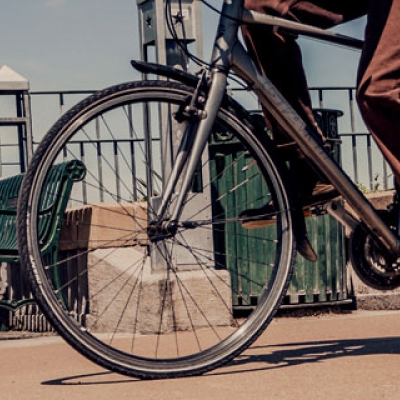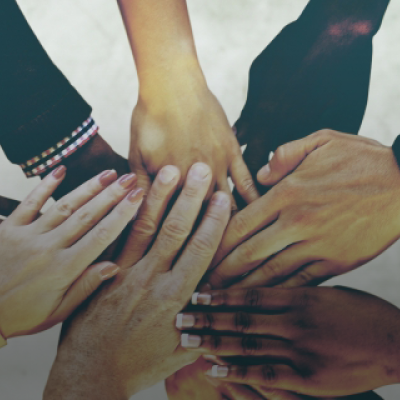
Alabama to Wyoming: WABA's 50 States Ride
By Katharine Sucher / On September 13th, 2018
Last weekend, Island Press brought Melissa Bruntlett and Chris Bruntlett, authors of Building the Cycling City: The Dutch Blueprint for Urban Vitality, to Washington, DC for Washington Area Bicycle Association's annual 50 States Ride.










